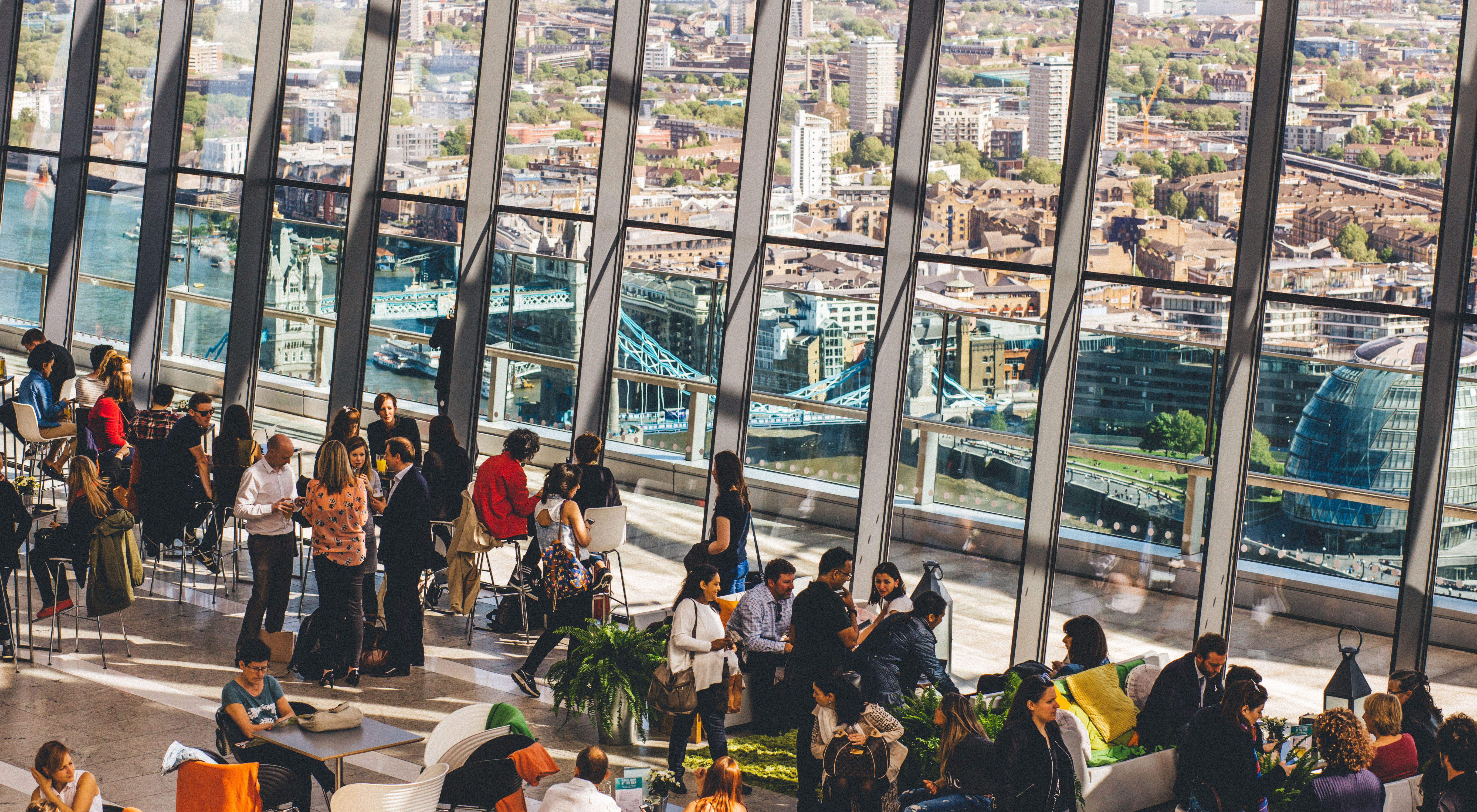Boost Employee Motivation with an Event Inspired by Japanese Culture
From huge tech corporations to small insurance firms, all companies want to boost employee motivation. To achieve this and lift morale, host an employee motivation event in Japan.
We know that financial incentives are not the best way to boost employee morale. Cold, hard cash sounds like a great reward for a job well done, but today, getting the most out of your workforce requires a more personal approach. Japanese culture has many lessons to share with the rest of the world about team building and how to increase productivity with a personal touch. An employee motivation event inspired by Japanese culture celebrates your company’s success and the important role of each of your employees.

What is an employee motivation event?
Any event that gets a workforce together to recognize good work and encourage more of the same in the future is an employee motivation event. While the term “corporate event” is also used, it has an overly formal vibe to it that suggests an evening of work outside of the office. “Team building event” is another common term but calls to mind ice-breakers and problem-solving exercises, neither of which sound all that fun.
Employee motivation events are different from team building events, with experiences ranging from awards ceremonies to conferences and even theatrical performances.
As one of Japan's leading meetings & events company, here at JTB Communication Design we have managed a range of events, like a Temple Festival for corporate clients, as well as a show, MANGEKYO, a Japanese Taiko Drum Spectacle. However, the theme of the event is less important than the content. Any event that gets your workforce talking and instills in them a sense of pride in your company’s goals falls under the umbrella of an employee motivation event.
How employee motivation events increase productivity
Poor employee productivity can seriously damage your business. According to Forbes, poor management and resulting lost productivity costs the U.S. economy between $960 billion and $1.2 trillion per year.
Poor productivity is the result of low job satisfaction. Decades of studies have shown us that job satisfaction comes from a clear set of motivating factors. Frederick Herzberg defined these factors in a 1968 study (revalidated in 2003 by the Harvard Business Review.) Herzberg identified certain intrinsic factors or “motivators” that keep a workforce happy and can increase productivity. These include achievement, recognition for achievement, the work itself, responsibility, growth, and advancement.

1. Employee motivation events are a public recognition of achievement
The Globe and Mail took another look at Herzberg’s study and recognized that the top two motivators that increase productivity were a sense of achievement and recognition of achievement.
Reward and recognition mean something different to everyone. Tangible rewards include gifts and time off, but it is intangible rewards that often have the greatest impact. Performance feedback is great for employee motivation and can be a reward in and of itself. But what employees really want is to be acknowledged as an important part of a successful team.
An employee motivation event is a perfect way to offer positive feedback. Shaking a co-worker’s hand and delivering a sincere “well done” in public shows your workforce that hard work is both recognized and rewarded.
2. Employee Motivation events create community
Special events that encourage employees' families to socialize are very successful motivators. Events like child-friendly anniversary celebrations or company picnics get everyone mingling together in a way they would not otherwise.
The aim of these events is to build a sense of community among employees. It’s important that your employees feel respected and valued by the company and share the same corporate vision. But it’s also motivating for your employees to feel respected and valued by each other. “Teamwork makes the dream work” might encourage eye rolls from some, but it’s a statement that has proven to be true time and time again!
3. Employee motivation events team build and boost employee morale
There is a global trend towards creating office spaces that are conspicuously “cool.” Although equipped with gaming consoles, pool tables, and elaborate snack bars, these offices rarely improve workforce happiness. Sure, employees want a comfortable place in which to work, and if the snacks are good, all the better. But what employees really crave is good relationships between employees and management.
Team building and creating positive relationships in the workplace is easier than you think. Office socials, open-plan workspaces, and regular events and activities are very effective. Expedia’s London office, rated highest for employee satisfaction in 2016 and 2017, regularly invests in exciting events that combine training and networking.

There is also a deep link between positive morale in the workplace and employee health, both physical and mental. Recognizing achievement and creating a sense of community offer a huge boost to employee morale. But these events must be followed up with a robust human resources policy back at the office.
Employees who have found steady footing in their work-life balance are more likely to be engaged and creative in their work. In the US, paid sick leave costs employers more than $160 billion per year. Decreasing stress in the workplace increases productivity alongside employee well being. A happy, healthy workforce is a productive workforce. This is a gift in itself, but a happy, healthy workforce also takes fewer sick days, saving your company money in the long run.
How Japanese culture informs employee motivation events
To outsiders, Japanese work culture may seem a little unusual. Cultural quirks like bowing in greeting and serving tea according to hierarchy get the most press, but the Japanese workplace has many motivating customs to offer its American counterparts. Here’s how the best Japanese events specialists use their distinctive work culture to pull off stunning employee motivation events.
Recognizing achievement in employee motivation events
Japanese quality, style, and attention to detail are certainly enviable traits. These three ingredients are exactly what is needed to pull off a stunning event. Japanese dedication to perfecting every detail is an intrinsic part of the culture and has resulted in exquisite works of art. It has also created a work culture where every step of a project is planned in advance with minute attention to detail. Nothing is considered complete until it is perfect. This trait has made the Japanese world leaders in event management and well-equipped to pull off truly memorable events.
 Creating a community with positive interactions
Creating a community with positive interactions
Non-Japanese workers in Japanese workplaces often remark on employees’ overt politeness. Civility costs nothing, as they say. Yet Japanese politeness is about more saying please and thank you. The Japanese focus on creating positive interactions and are always non-confrontational in the workplace. Small, personal exchanges are an important part of this. Quiet courtesy helps to create a strong sense of community in the Japanese workplace.
This extends out of hours. While Japanese workplaces are relatively formal, the Japanese spend more time socializing with their co-workers. Sake and karaoke after office hours are not uncommon. These social gatherings, like motivation events, help to forge stronger personal bonds between co-workers.
Boosting morale with great teamwork
The Japanese workplace is a hub of collaboration. Each cog in the machine supports the next to ensures a job well done. In fact, in Japanese culture people largely prefer working in a team to working alone. The principle of ho-ren-so can shed some light here. Ho-ren-so is a contraction of three Japanese verbs: houkoku (report), renraku (contact), soudan (consult). In a Japanese workplace, all levels of the hierarchy know what’s happening and are ready to offer sound advice. Employee morale is high in workplaces where everyone feels valued, an important lesson that should be at the heart of all employee motivation events.
